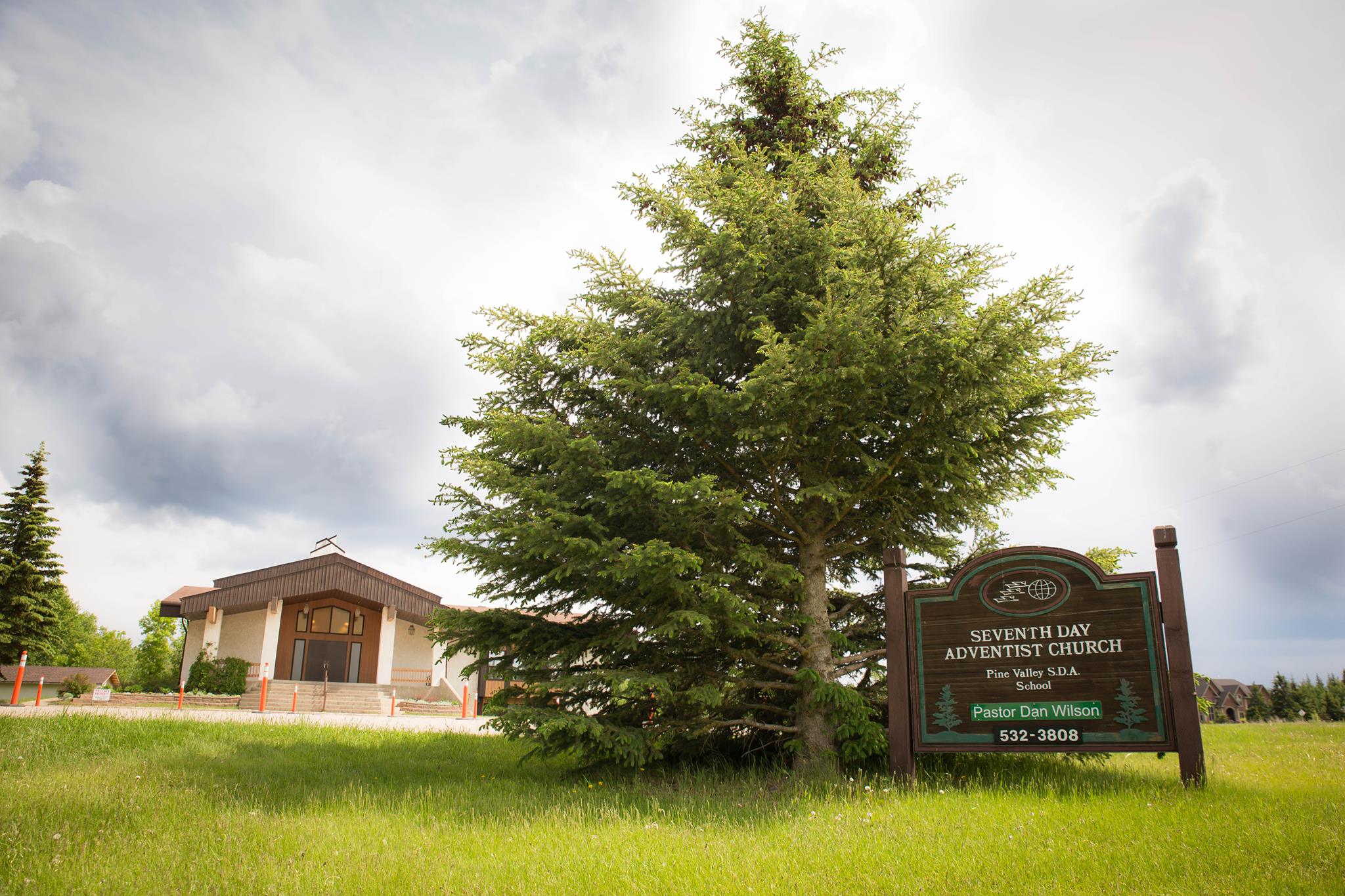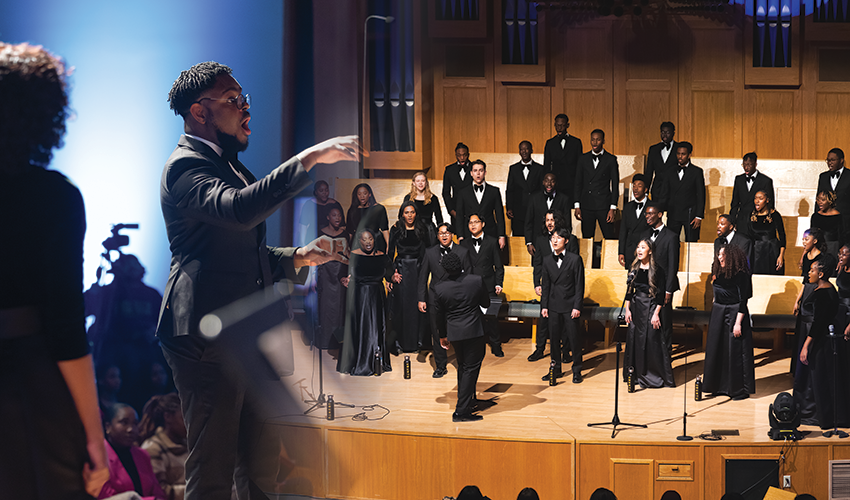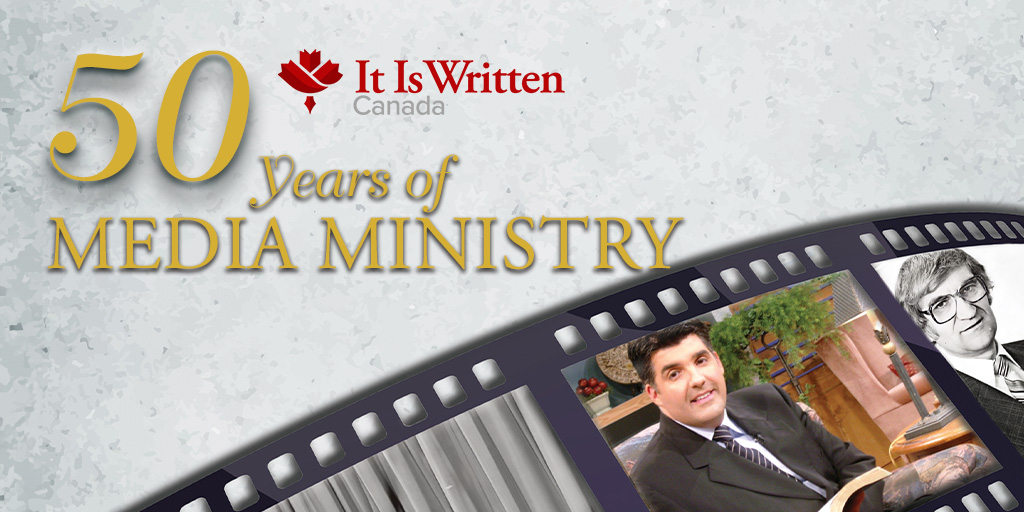The Seventh-day Adventist Church in Canada extends its deepest condolences to the families and community of Tumbler Ridge, B.C., following the tragic mass shooting that has taken innocent lives and shaken the region.
We are heartbroken by this act of senseless violence and grieve with those who are mourning the loss of their children and those who have been injured. No community should have to endure such pain.
In moments like these, we are reminded of the promise found in Scripture: “The Lord is close to the brokenhearted and saves those who are crushed in spirit” (Psalm 34:18).
We ask our church members and friends across the country to lift up the victims, first responders and all those affected in prayer, asking God to bring comfort, healing and peace.
We also pray for leaders and authorities as they work to ensure our communities are safe.
May God’s presence be especially near to all who are grieving during this difficult time.
Paul Llewelyn the president of the SDACC
Source: https://adventistmessenger.ca/news/sdacc-response-to-shooting-at-tumblr-ridge-in-bc




